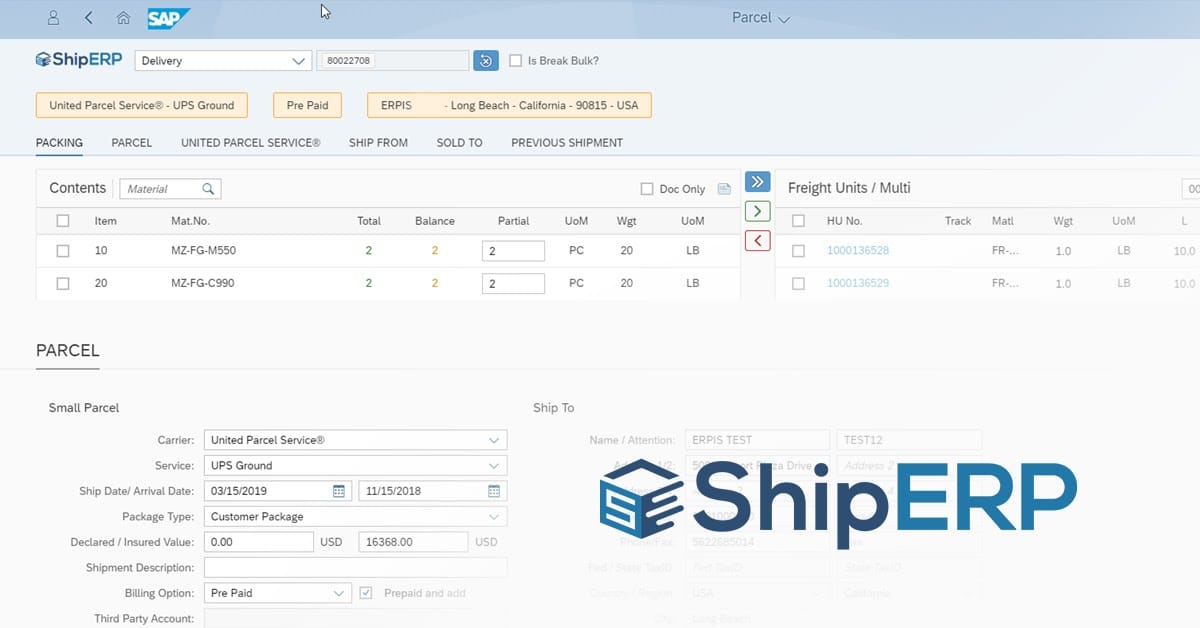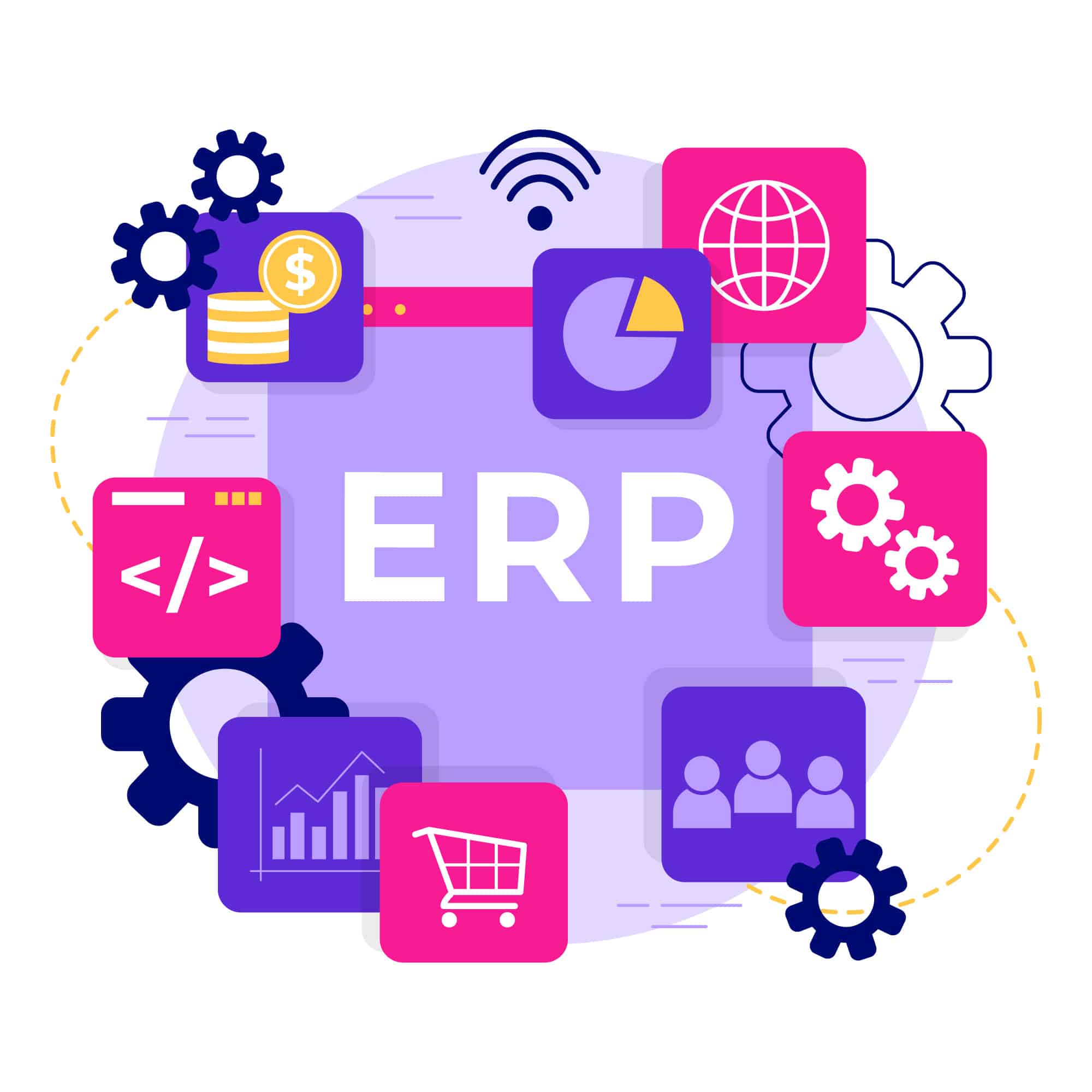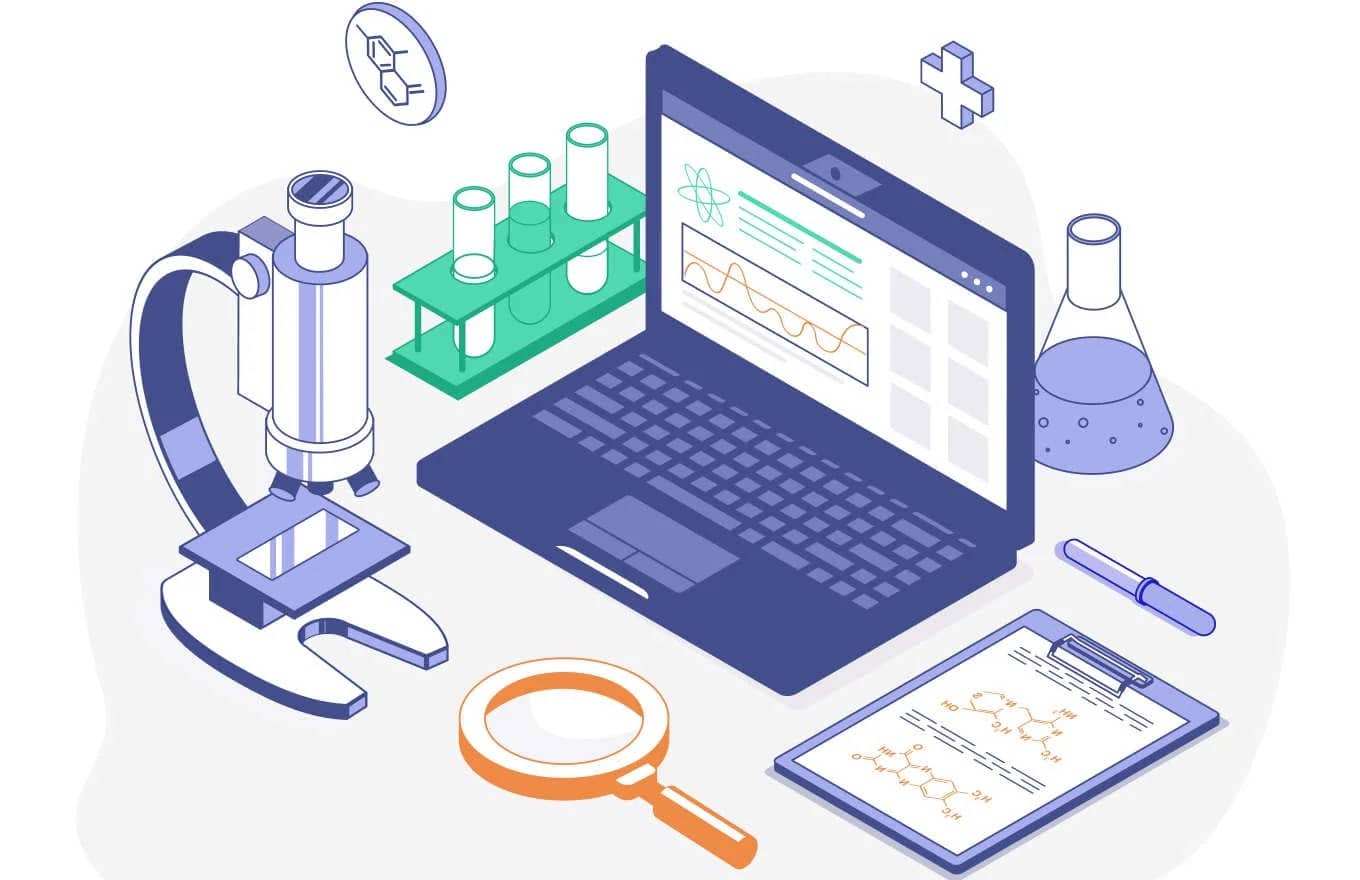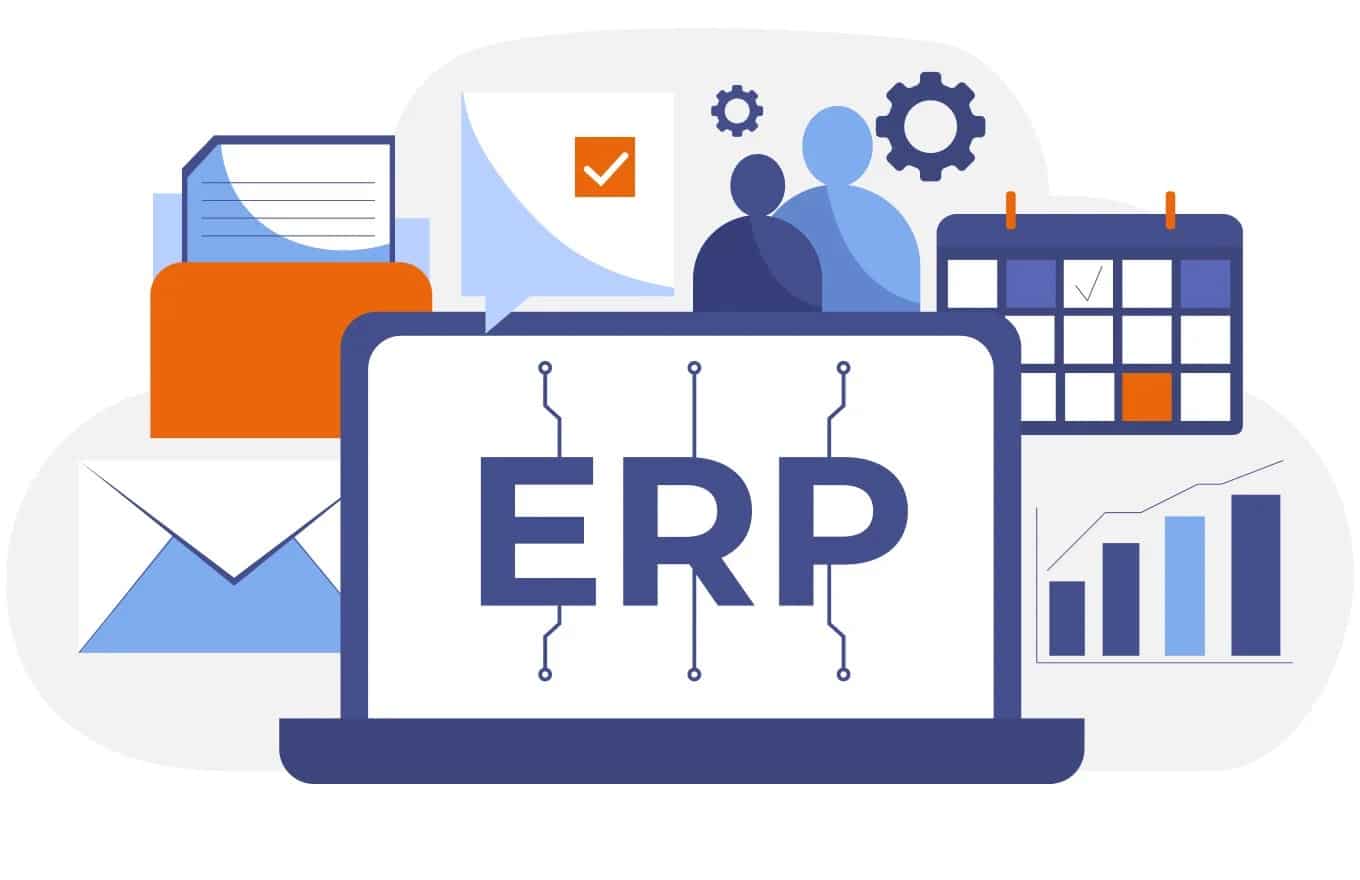Have you ever wondered how manufacturing companies efficiently manage their operations, streamline processes, and maximize productivity? The answer lies in manufacturing software erp. In this article, we will delve into the world of Manufacturing Software ERP, its significance in the manufacturing industry, and the numerous benefits it offers.
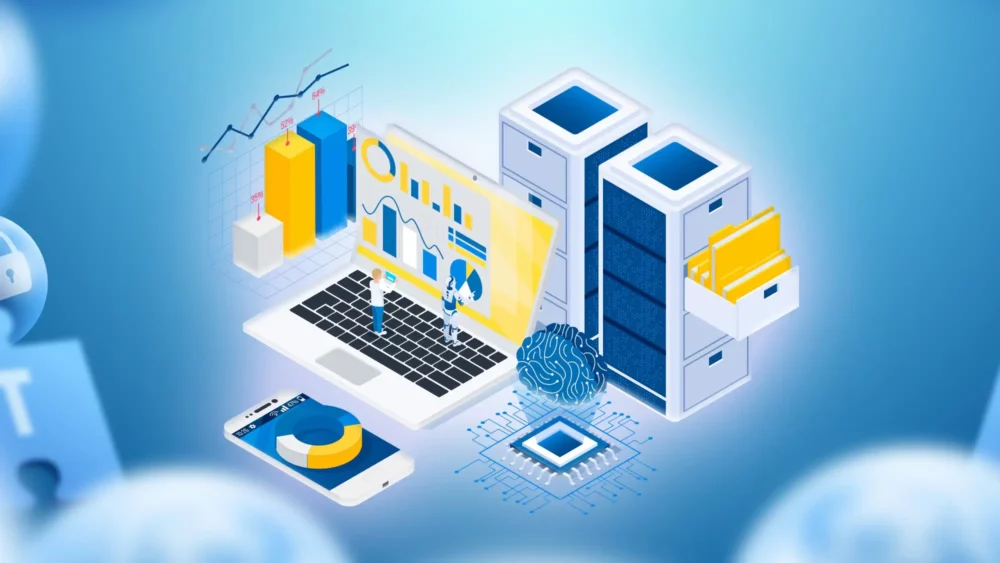
What is manufacturing software ERP?
Manufacturing Software ERP (Enterprise Resource Planning) is a comprehensive software solution designed specifically for the manufacturing sector. It integrates various business processes, such as inventory management, production planning, supply chain management, quality control, financial management, and human resources, into a centralized system. This allows manufacturers to streamline operations, improve efficiency, and make well-informed decisions.
Importance of manufacturing software ERP in the manufacturing industry
Manufacturing Software ERP plays a pivotal role in the success of manufacturing companies. By providing real-time visibility into various aspects of the business, it enables manufacturers to optimize their processes, reduce costs, and enhance customer satisfaction. With the ability to track inventory levels, manage production schedules, and monitor quality control, manufacturers can ensure timely delivery of high-quality products while minimizing wastage and errors.
Benefits of implementing manufacturing software ERP
Implementing manufacturing software ERP brings a plethora of benefits to manufacturing companies. Firstly, it enhances operational efficiency by automating tasks, eliminating manual errors, and improving collaboration between different departments. Additionally, it enables manufacturers to make data-driven decisions by providing accurate and up-to-date information. This leads to improved productivity, reduced lead times, and increased profitability.
Stay tuned as we explore the key features of Manufacturing Software ERP in the next section, uncovering how it empowers manufacturers to optimize their operations and achieve remarkable results. Harness the power of technology and transform your manufacturing processes with Manufacturing Software ERP.
Key Features of Manufacturing Software ERP
Manufacturing Software ERP offers a wide range of powerful features that enable manufacturers to streamline their operations and achieve optimal efficiency. Let’s explore some of the key features that make this software indispensable for the manufacturing industry.
Inventory Management
Efficient inventory management is crucial for manufacturing companies to meet customer demands while minimizing costs. Manufacturing Software ERP provides robust inventory management capabilities, allowing manufacturers to track and manage inventory levels in real-time. With features like automated stock replenishment, barcoding, and serial number tracking, manufacturers can optimize their inventory, reduce stockouts, and eliminate excess inventory.
Production Planning and Scheduling
Manufacturing Software ERP simplifies the complex task of production planning and scheduling. It enables manufacturers to create accurate production plans based on demand forecasts, resource availability, and capacity constraints. With real-time visibility into production schedules, manufacturers can optimize resource allocation, minimize idle time, and ensure on-time delivery of products.
Supply Chain Management
Effective supply chain management is essential for manufacturers to maintain a smooth flow of materials and components. Manufacturing Software ERP streamlines the entire supply chain process, from procurement to distribution. It facilitates seamless collaboration with suppliers, automates purchase order generation, tracks deliveries, and manages vendor relationships. By optimizing the supply chain, manufacturers can reduce lead times, lower costs, and enhance overall efficiency.
Quality Control and Assurance
Maintaining high product quality is a top priority for manufacturing companies. Manufacturing Software ERP includes robust quality control and assurance features to ensure adherence to quality standards. It enables manufacturers to implement quality control checks at various stages of the production process, track defects and non-conformances, and generate quality reports. By proactively monitoring and improving quality, manufacturers can enhance customer satisfaction and reduce product recalls.
Financial Management
Manufacturing Software ERP incorporates comprehensive financial management capabilities tailored for the manufacturing industry. It simplifies financial processes such as accounts payable, accounts receivable, general ledger, and cost accounting. By automating financial tasks and providing accurate financial data, manufacturers can gain better control over their finances, improve cash flow, and make informed financial decisions.
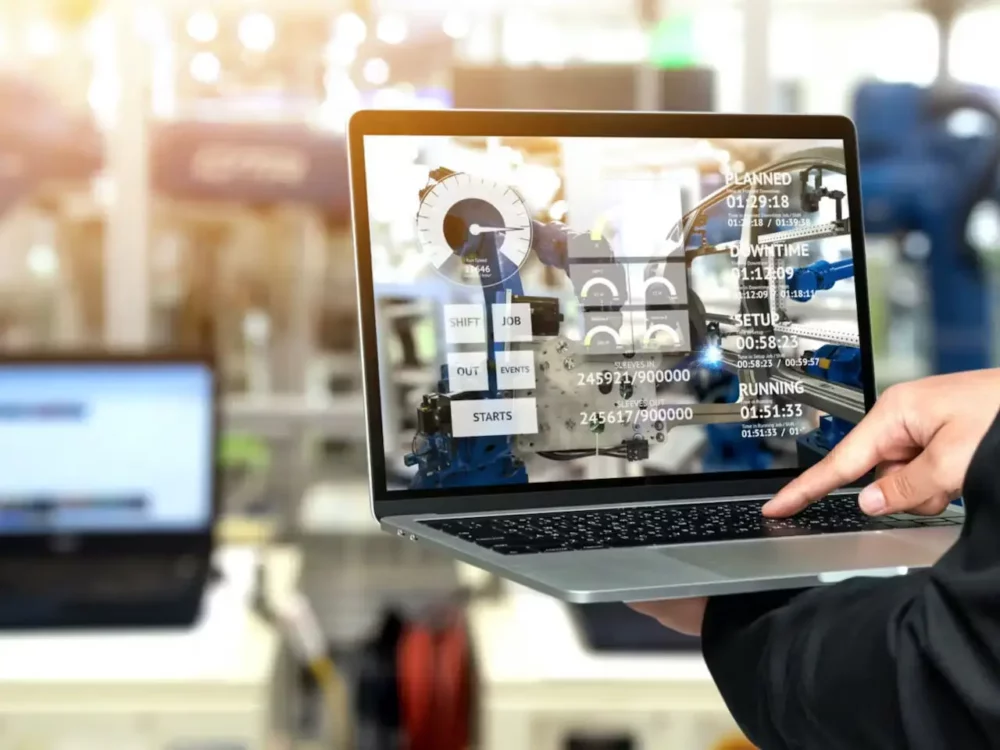
Human Resources Management
Effective management of human resources is vital for the success of manufacturing companies. Manufacturing Software ERP includes features for managing employee data, tracking attendance, managing payroll, and facilitating employee training and development. By centralizing HR processes, manufacturers can streamline HR operations, improve employee productivity, and ensure compliance with labor regulations.
In the next section, we will delve into the crucial factors to consider when choosing the right Manufacturing Software ERP for your organization. Stay tuned for valuable insights on selecting the best fit for your manufacturing needs.
Choosing the Right Manufacturing Software ERP
When it comes to selecting the perfect Manufacturing Software ERP for your business, there are several crucial factors to consider. Let’s explore these factors in detail to ensure you make an informed decision.
Factors to consider when selecting manufacturing software ERP
- Industry-specific requirements: Every manufacturing industry has its unique needs and processes. Look for an ERP solution that caters specifically to your industry, providing features and functionalities tailored to your business requirements.
- Customization options: Flexibility is key when it comes to ERP software. Ensure that the solution you choose allows for customization to align with your specific workflows and processes. This will help you optimize efficiency and meet your unique business needs.
- Integration capabilities: Seamless integration with existing systems and software is vital for a smooth transition. Consider an ERP solution that offers integration with other essential tools like accounting software, CRM systems, and supplier databases. This integration will enable data flow across different departments, enhancing collaboration and productivity.
- Scalability and future growth: Your business is likely to evolve and expand over time. It is crucial to select an ERP solution that can scale along with your business. Look for software that can accommodate increasing data volumes, handle growing customer demands, and support additional functionalities as your business grows.
Cost considerations
While choosing the right Manufacturing Software ERP, cost is undoubtedly a significant consideration. Take into account not only the upfront cost but also the long-term expenses associated with implementation, maintenance, and support. Consider the return on investment (ROI) and evaluate the benefits the software will bring to your business in terms of increased efficiency, reduced costs, and improved decision-making capabilities.
By carefully evaluating these factors, you can ensure that you choose the right Manufacturing Software ERP that aligns with your business goals and empowers your manufacturing processes. In the next section, we will explore the implementation process of Manufacturing Software ERP, guiding you through the steps required for a successful integration.
Implementing Manufacturing Software ERP
Implementing Manufacturing Software ERP requires careful planning and execution to ensure a smooth transition and successful adoption throughout the organization. Let’s explore the essential steps involved in the implementation process.
Steps involved in the implementation process
- Requirement Analysis: The first step is to conduct a thorough requirement analysis to understand the specific needs and goals of the manufacturing company. This helps in selecting the most suitable Manufacturing Software ERP solution and customizing it accordingly.
- Planning and Preparation: Once the requirements are defined, a detailed implementation plan is created. This plan includes defining timelines, allocating resources, and establishing key milestones.
- Training and Onboarding Employees: Proper training and onboarding are crucial to ensure that employees understand the new system and can effectively utilize its features. This includes training sessions, workshops, and providing user manuals or documentation.
- Data Migration and System Integration: During this phase, existing data from legacy systems is migrated to the Manufacturing Software ERP. Integration with other systems, such as CRM or MES, is also performed to ensure seamless data flow between different departments.
- Testing and Troubleshooting: Rigorous testing is conducted to identify any issues or bugs in the system. This includes running various scenarios and simulations to validate the functionality and performance of the Manufacturing Software ERP.
- Go-Live and Post-Implementation Support: After successful testing, the system is deployed and made live for everyday operations. Post-implementation support is provided to address any user queries, resolve issues, and ensure a smooth transition.
Conclusion
Implementing Manufacturing Software ERP is a significant undertaking for any manufacturing company. By following the necessary steps, including requirement analysis, training, data migration, testing, and post-implementation support, manufacturers can successfully integrate the system into their operations. Stay tuned as we explore real-life case studies of companies benefiting from Manufacturing Software ERP in the next section.
Case Studies: Successful Implementation of Manufacturing Software ERP
In this section, let’s explore some real-life case studies that highlight the transformative impact of implementing Manufacturing Software ERP. These success stories demonstrate how companies have leveraged this powerful tool to enhance operational efficiency, streamline inventory management, reduce costs, and improve decision-making.

Real-life examples of companies benefiting from manufacturing software ERP
ABC Manufacturing: ABC Manufacturing, a leading automotive parts manufacturer, implemented Manufacturing Software ERP to streamline their production processes. By integrating their inventory management, production planning, and supply chain management into a unified system, they achieved improved visibility and coordination across their operations. As a result, they experienced a significant reduction in production lead times, enhanced resource allocation, and increased customer satisfaction.
XYZ Electronics: XYZ Electronics, a fast-growing consumer electronics company, faced challenges in managing their complex supply chain and inventory. By implementing Manufacturing Software ERP, they gained real-time insights into their inventory levels, enabling them to optimize their procurement and reduce excess stock. This resulted in reduced inventory holding costs and improved cash flow, allowing them to invest in research and development for innovative product offerings.
Increased operational efficiency and productivity
One of the major benefits of implementing Manufacturing Software ERP is the significant improvement in operational efficiency and productivity. By automating manual processes and providing real-time data, companies can eliminate bottlenecks, reduce errors, and optimize resource allocation. With streamlined workflows and enhanced collaboration between departments, employees can focus on value-added tasks, leading to increased productivity and faster turnaround times.
Streamlined inventory management and reduced costs
Effective inventory management is crucial for manufacturers to meet customer demands while minimizing carrying costs. Manufacturing Software ERP provides comprehensive tools to monitor inventory levels, track stock movement, and forecast demand. This enables companies to optimize their inventory levels, reduce stockouts and overstocking, and minimize carrying costs. With accurate inventory data at their fingertips, manufacturers can make informed decisions regarding procurement, production planning, and order fulfillment, resulting in cost savings and improved customer satisfaction.
Improved decision-making and business intelligence
Manufacturing Software ERP empowers companies with robust reporting and analytics capabilities, providing valuable insights for informed decision-making. By consolidating data from various departments and processes, manufacturers can gain a holistic view of their operations. This enables them to identify trends, analyze performance, and make data-driven decisions to drive continuous improvement. With improved business intelligence, companies can identify areas for optimization, address inefficiencies, and seize growth opportunities.
Stay tuned for the next section, where we will explore the future trends in Manufacturing Software ERP, unveiling the exciting advancements that are reshaping the manufacturing landscape.
Conclusion
In conclusion, manufacturing software ERP is a game-changer for the manufacturing industry. Its ability to streamline processes, optimize operations, and provide real-time insights is revolutionizing the way manufacturers operate. By implementing manufacturing software ERP, companies can gain a competitive edge, improve efficiency, and drive growth.
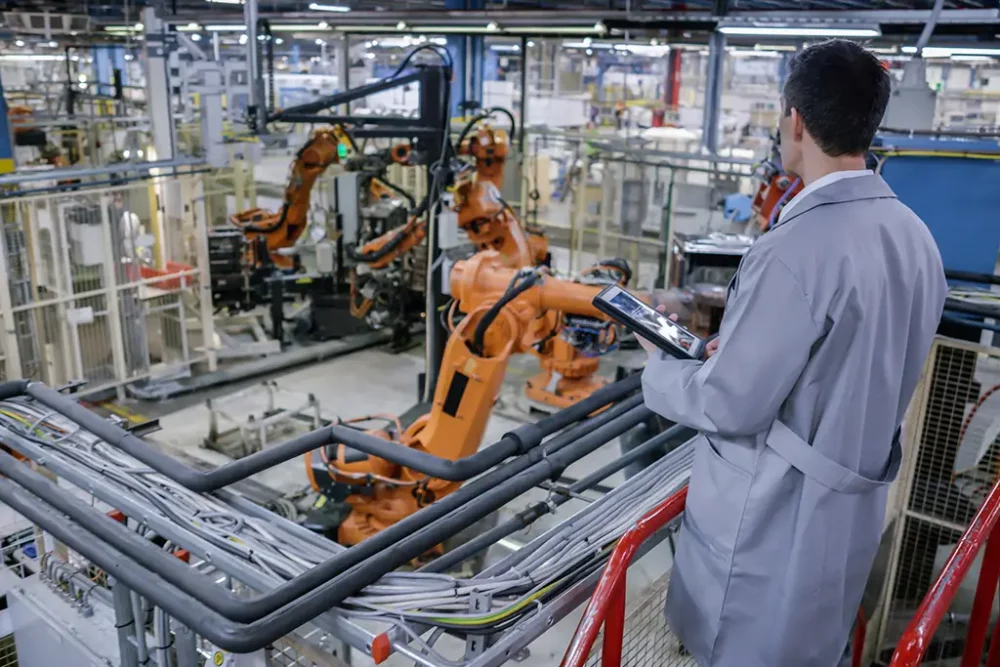
The importance of manufacturing software ERP cannot be overstated. It empowers manufacturers to effectively manage inventory, plan production schedules, track supply chains, ensure quality control, manage finances, and handle human resources. This comprehensive solution brings all these critical functions under one umbrella, eliminating the need for separate systems and manual processes.
The benefits of implementing manufacturing software ERP are far-reaching. Manufacturers can experience increased operational efficiency, reduced costs, improved decision-making, and enhanced customer satisfaction. With real-time visibility into every aspect of their business, manufacturers can make data-driven decisions, identify bottlenecks, and capitalize on growth opportunities.
As the manufacturing industry continues to evolve, it is crucial for companies to embrace technology and leverage tools like manufacturing software ERP to stay ahead. By adopting this innovative solution, manufacturers can enhance their agility, adapt to market changes, and drive sustainable growth.
If you’re ready to revolutionize your manufacturing processes, consider implementing manufacturing software ERP. Take advantage of the power of technology and gain a competitive edge in the industry. Visit erp.vdict.pro to explore how manufacturing software ERP can transform your business and pave the way for success.
Remember, to stay ahead in the manufacturing industry, it’s time to embrace manufacturing software ERP. Join the ranks of successful manufacturers and unlock the full potential of your business with this powerful solution.


